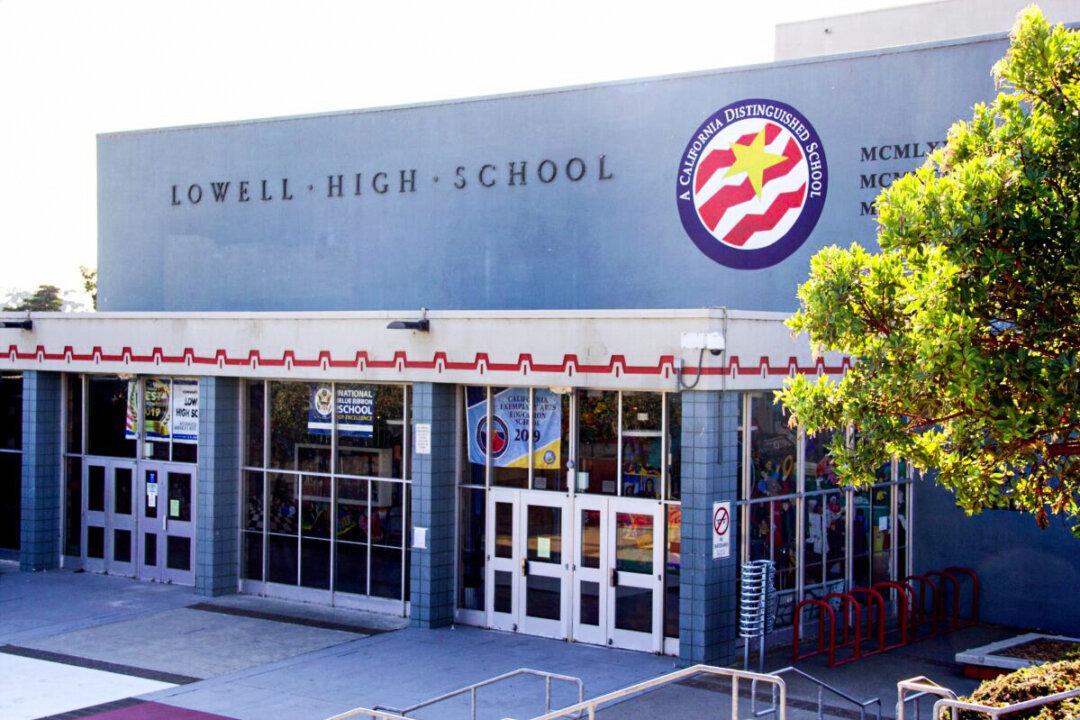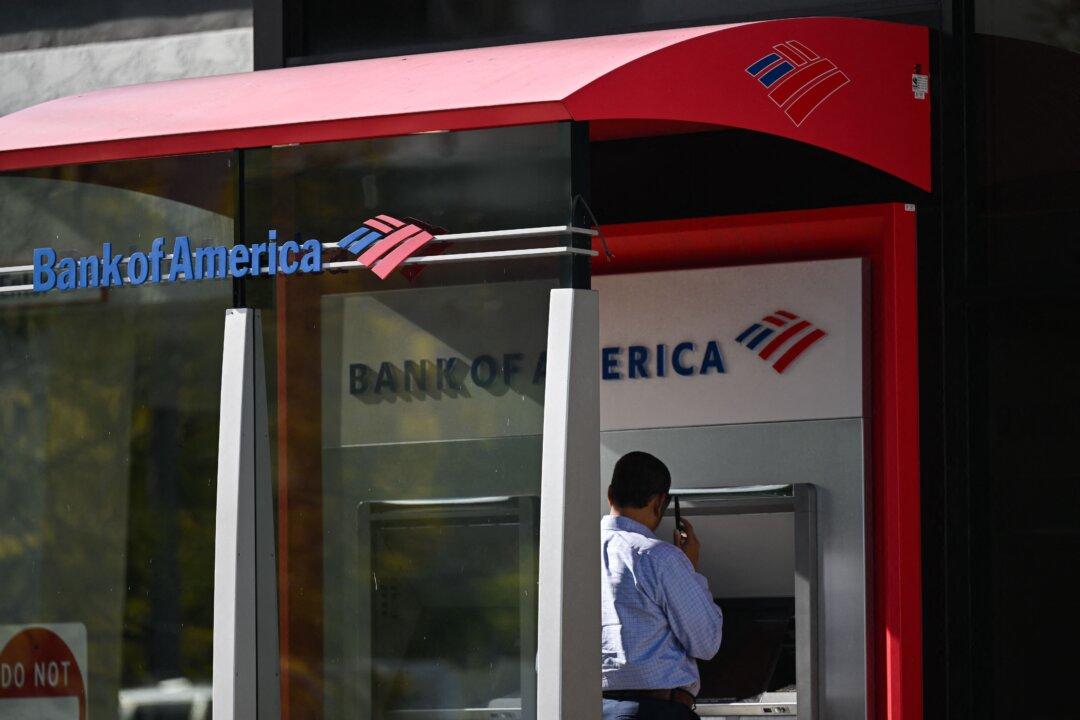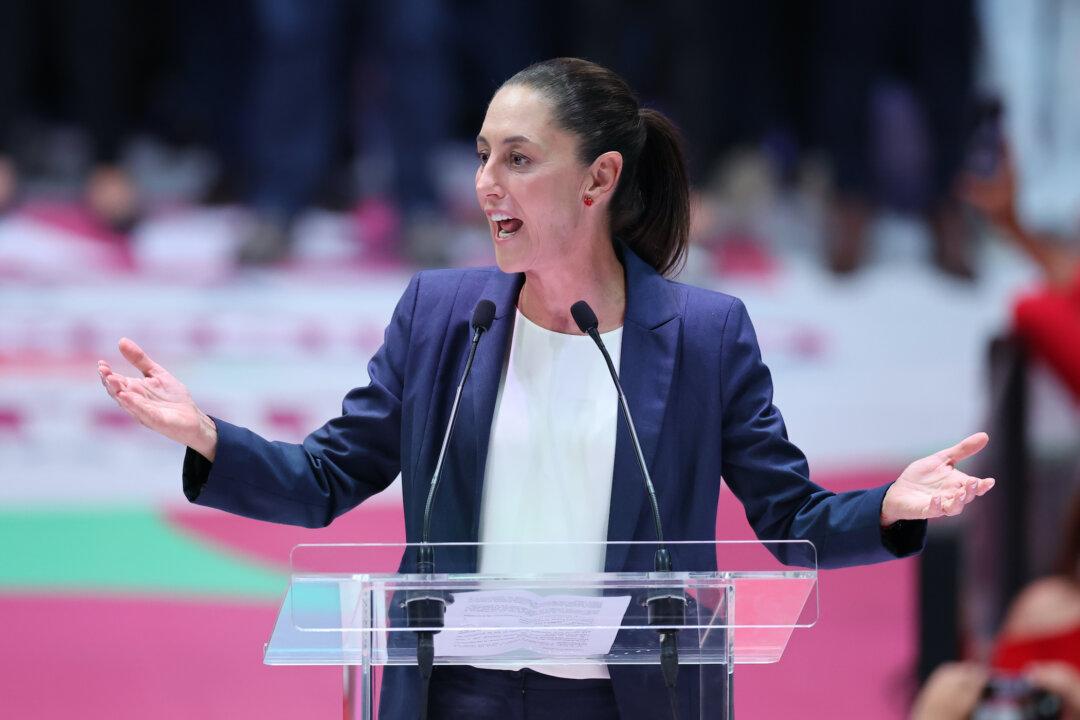Commentary
Mess with people’s kids and you’re in a world of hurt. That message is spreading all over the country. It was a key to the victory of Gov. Glenn Youngkin last November in Virginia. It’s even happening in San Francisco, where this week, voters recalled three left-wing members of the school board, Alison Collins, Faauuga Moliga, and Gabriela Lopez. The recall vote was 72 percent or higher for each candidate.





